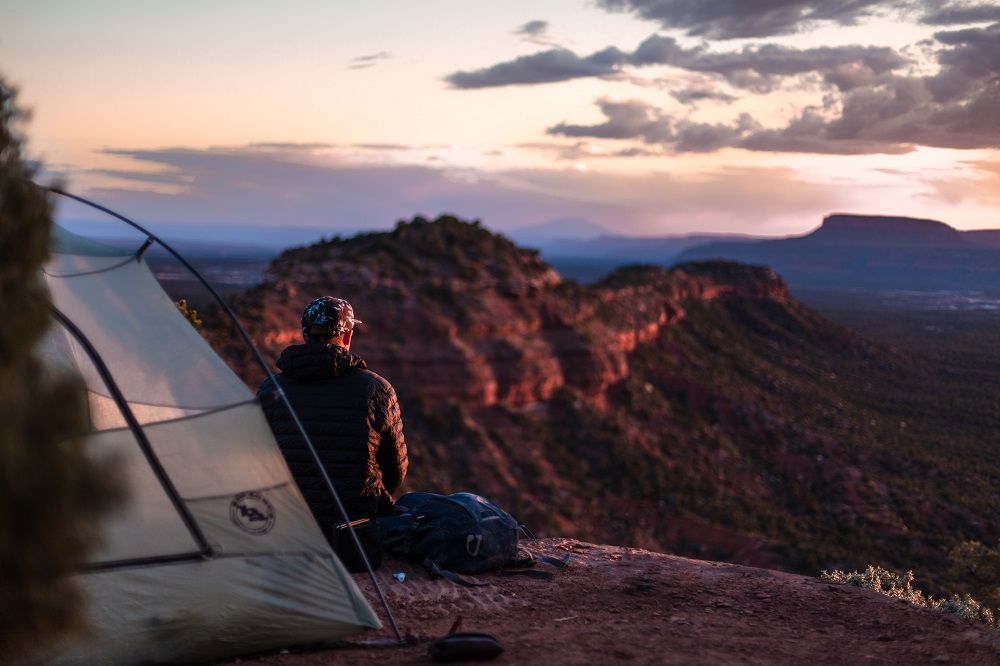 Photo: Patrick Hendry via CC
Photo: Patrick Hendry via CC
Since May, there were signs that the RV industry wasn’t just surviving the COVID-19 pandemic, but possibly even thriving in it. By July, retailers and campground owners were reporting a massive surge in RV interest, which has only continued to grow since. But what do the stats say? Is 2020 really the year of the RV? Let’s take a look.
Related: Important steps for first-time RV owners
- 46 million Americans plan to take an RV trip by June 2021 according to the RV Industry Association. Half of the RVIA’s survey respondents said their interest in camping rose because of current health concerns, and 20 percent were more interested in RV as a recreational travel option in the aftermath of COVID-19 — beating all other travel options.
- In June, CNBC reported that RV-related stock rose by triple-digit percentages. Thor Industries went up by over 170 percent, and Winnebago by more than 240 percent. Equity in Camping World jumped nearly 580 percent.
- According to the U.S. Travel Association, 68 percent of people feel safe traveling in a personal vehicle such as an RV. Only 18 percent feel safe taking a domestic flight. The USTA also found that parks rank second among Americans’ perceived safe activities, behind only traveling in a car.
- Kampgrounds of America found that 47 percent of leisure travelers are replacing canceled or postponed trips with camping trips. Additionally, 60 percent of travelers feel it’s more important than ever that kids spend time outdoors, and 40 percent of campers are interested in becoming full-time RVers after COVID-19.
- Thor Industries research shows 79 percent of RVers plan to use their RV as much or more than they did in 2019 — and 58 percent of consumers are interested in purchasing an RV virtually.
Related: How to finance an RV
To summarize, Americans still greatly value traveling and spending time outdoors, and view camping and RVing as the safest means to so. And if you include yourself in that demographic, just remember: Walmart parking lots may no longer be the place to camp overnight if you don’t want to pay for a spot at one of the many overbooked camping grounds.
Kurt Verlin was born in France and lives in the United States. Throughout his life he was always told French was the language of romance, but it was English he fell in love with. He likes cats, music, cars, 30 Rock, Formula 1, and pretending to be a race car driver in simulators; but most of all, he just likes to write about it all. See more articles by Kurt.





